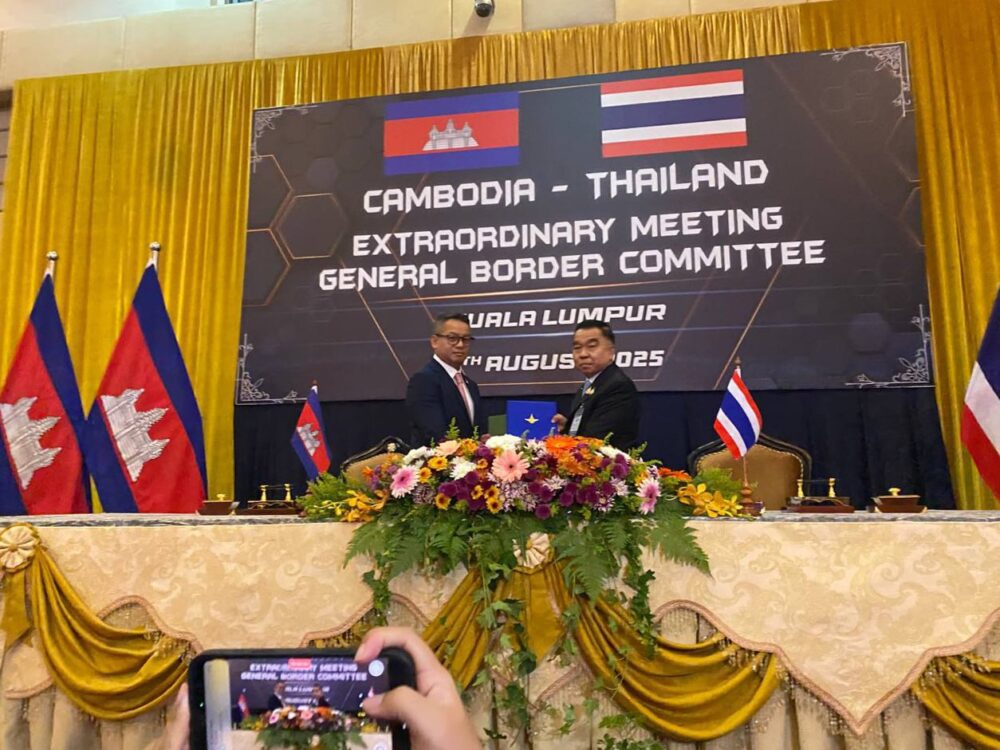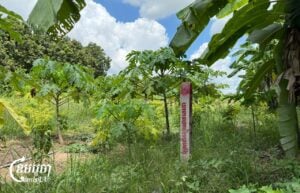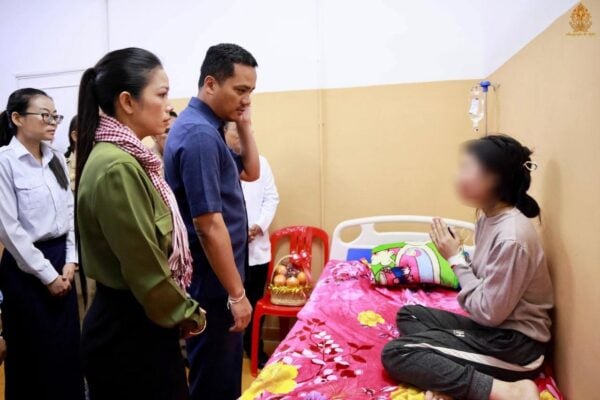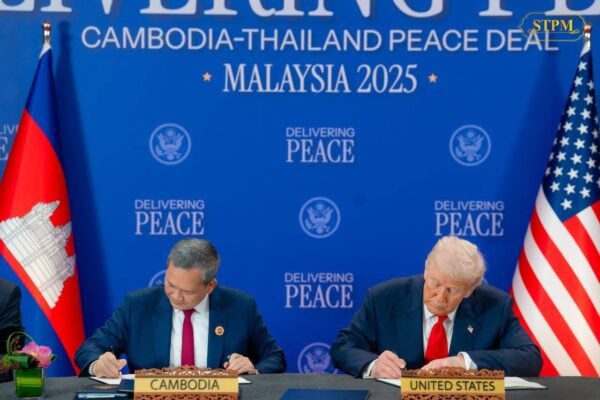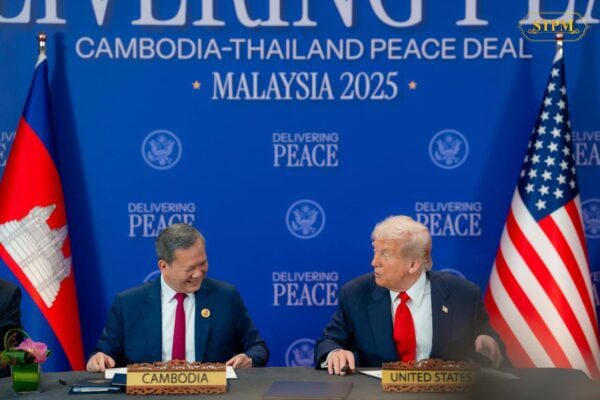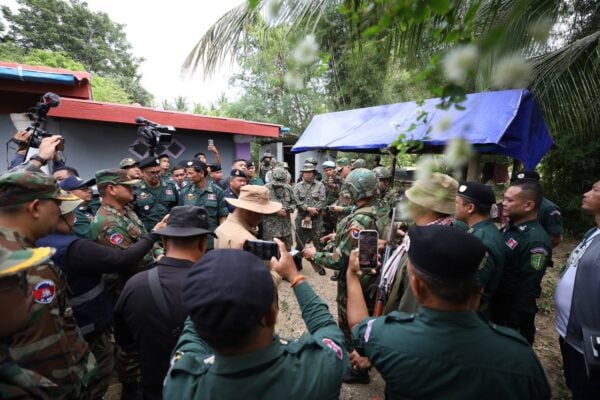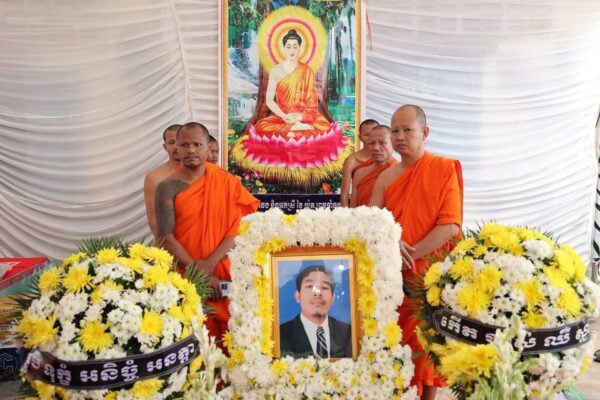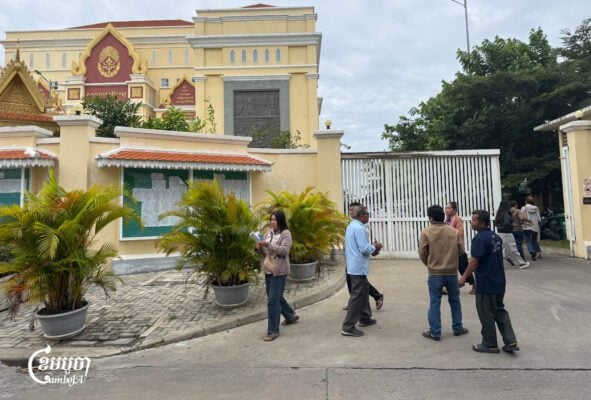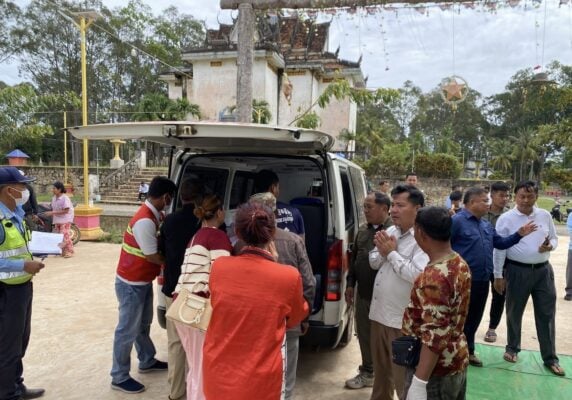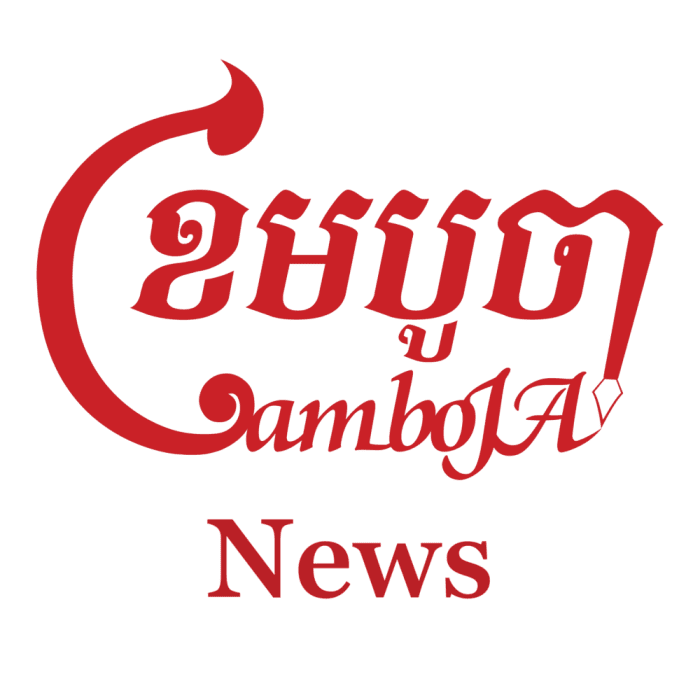After three days of talks in Malaysia, Cambodia and Thailand agreed to expanded terms to their ceasefire, including a ban on new troop movements or reinforcements, protections for civilians, stronger communication and the immediate return of captured soldiers with hostilities halted.
Under the agreement, signed by acting Thai Defense Minister Nattaphon Nakphanit and Cambodian Defense Minister Tea Seiha, both sides pledged to uphold international humanitarian law, particularly in the treatment of civilians and captured soldiers.
An ASEAN observer team led by Malaysia will now monitor the ceasefire, while national observer teams coordinated with Malaysian defense attaches will operate independently in each country.
Amid ongoing blame trading and nationalist rhetoric since the conflict began, both governments also vowed to counter “fake news and false information,” pledging transparent communication and verified reporting to support de-escalation efforts.
“We are here for a detailed ceasefire arrangement to stop bloodshed, end the suffering by soldiers and civilians of both sides,” Tea Seiha said after the signing ceremony.
“These steps are life-saving measures and lay the groundwork for restoring confidence, trust and normalcy between our two countries,” he added.
Highlighting the agreement to return captured soldiers under international law, Seiha stressed that Thai forces must immediately release the 18 Cambodian soldiers in their custody.
“I would like to express my congratulations on the successful conduct of the Extraordinary General Border Committee Meeting,” Cambodian Prime Minister Hun Manet posted on Facebook after the agreement was reached, highlighting the role of the national-level body in managing cross-border security and preventing escalation.
Speaking to Thai media after the meeting, Nattaphon Nakphanit described the talks as “friendly” and a “significant step.”
A Regional Border Committee meeting, involving regional military commanders, is set to take place within two weeks under the regular hosting rotation, according to the new agreement. Both sides also agreed to hold another General Border Committee meeting within the month, or an extraordinary session like this week’s if tensions rise again.

